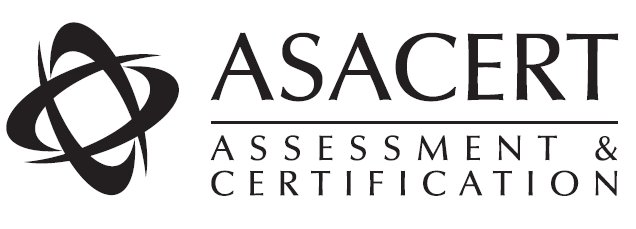The added value of sustainability: doing business at the time of circular economy
According to the International Union of Geological Sciences (IUGS), the professional organization in charge of defining Earth’s time scale, we are officially in the Holocene (“entirely recent”) epoch, which began 11,700 years ago after the last major ice age.
But for some experts this name is outdated. They call the current epoch “Anthropocene” from Greek anthropos (man) and cene (new) since it is marked by the strong impact of human action (often vandalism) on the planet.
Humanity is revising old paradigms to develop a new individual and collective vision. In a time when discontinuity seems to be the only rule, efforts are being made to find new and more harmonious balances to be inspired by, for a neo-Enlightenment, made of increasingly shared awareness. In this remodelled context, even the fundamental goods are revised, in harmony with the surrounding environment, with a holistic reading of the new human well-being: individuals find their true balance only on the basis of interrelations and functional interdependencies between the parts with which they interact and with the environment in which they carry out their daily activities.
A few weeks ago the publication of a research by the Italian Society of Environmental Medicine (SIMA) which analyses the impact of pollution on the spread of Covid, whose geographical spread would be linked to atmospheric particulate levels, which would act as a carrier for the transport of many contaminants, including viruses. The president of the association, Professor Alessandro Miani, says that the high concentrations of atmospheric particulates observed in the Po Valley have behaved as “carriers”, like a sort of flying carpet, for the spread of the Corona Virus.
The UK is third in the Euro-chart on premature deaths caused by nitrogen dioxide with 11,800 deaths, after Germany (11,900 people) and Italy (14,600 people).
The United Kingdom must do more for the circular economy, which aims to reduce the consumption of materials, soil, natural resources, but which also opens up new employment scenarios thanks to green methodologies also in the field of infrastructure, transport and construction.
We can no longer assist passively. “We have an obligation to be responsible actors. It is vital to find a balance between economy, production and respect for nature, not only ideologically, but with concrete and feasible actions. It’s all about spreading and implementing virtuous lifestyles, immediately” the thought of Fabrizio Capaccioli – CEO of ASACERT.
ASACERT makes its mission to be an added value for companies, to participate in their development and their objectives. This is reflected in the offer of a wide range of services which, while on the one hand are useful for demonstrating compliance with the regulations in force in certain sectors and activities, on the other it is undeniable that they have positive implications in terms of environmental sustainability.
Among these we certainly find the ISO 14001 certification “Specifications for the Environmental Management System”, the heart of the ISO 14000 series standards; Organizations that implement this Management System are committed to reducing the environmental impact of their activities and aim to increase the trust of their stakeholders by demonstrating their commitment to sustainability.
And yet, the UNI CEI EN ISO 50001: 2011 standard “Energy management systems” which defines the requirements for creating, starting, maintaining and improving an Energy Management System that allows Organizations a timely and systematic control of their energy performance, reducing costs, making consumption more efficient and safeguarding energy resources globally.
“It is time to implement action plans to cut waste, invent new solutions, trace the way that will take us out of this storm, to start again with a vision of the future and operational concreteness. Finally we see our new tomorrow, we are going along it with new awareness, but this is not enough, we need certain, competent guides” concludes Capaccioli.
Circular Economy applied to the business sector – ASACERT Manifesto
The concept of circular economy responds to the need for sustainable growth that cannot be postponed and for this reason the path towards the end of the old production – consumption – disposal model must be accelerated.
Production and consumption put world resources and the environment under stress, causing dramatic effects on biodiversity over the years and causing a process that has become unsustainable. Thinking circular means imitating the behaviour of nature, in which the concept of waste does not exist and each element becomes an input for another process.
It is precisely in this perspective that different companies and entrepreneurial realities aim to a systemic vision, in order to rethink the way they design their products and processes and to eliminate all possible negative external events, encouraging the circular use of materials and regenerating the natural system.
We, like many companies, are there.
But synergies between the production system and the institutional system must be urgently strengthened for a real and definitive turning point.
The system is ready because directives already impose clear rules for the traceability of materials for correct reuse and recycling and companies with a certified quality management system are increasingly numerous. All this highlights an entrepreneurial scenario attentive to sustainability, the environment and compliance with occupational health and safety standards.
Process monitoring, training and qualification of the staff responsible for controlling them becomes essential. The circular economy is able to involve different macro areas: resources, materials, technologies and cities; the flow of new ideas and projects is the engine for economic and employment opportunities, by overcoming political, economic and social challenges, innovative business models can be generated and the use of certifications is a support to achieve important results.







